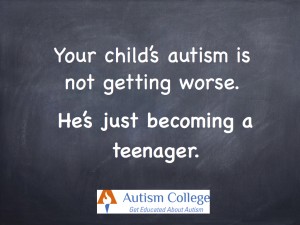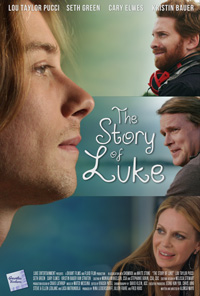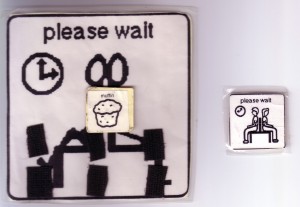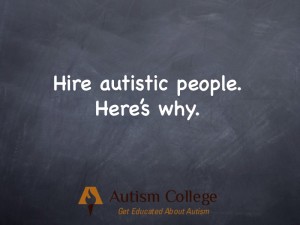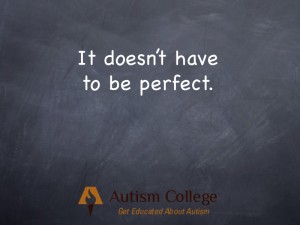Guest Blogger: This is a blogpost written recently by my son Jeremy Sicile-Kira for the Autistic Global Initiative. The Autistic Global Initiative recently developed an online training course to train support staff : the AGI Residential / Daily Living Support Course. We all know how important training is, this is a wonderful resource!
From Jeremy:
Person centered planning PCP means that the person who needs supports is at the center of any planning about his or her life. Justly the person must be able to give his opinion even if it is just to point to “yes” or “no”. This PCP is important to having a real life. Self advocacy means being able to really advocate for what you want in life and be ready to let people know what your wants and needs are.
When you need support staff for daily life, it is necessary to kindly be able to make them know what is important to you and to your life. For example the following is important for my support staff to know:
I want friends. Justly I really have a hard time making friends. I nicely need to type out everything I want to say or point to letters which can take a while. Justly I need support staff to help me find places and situations to meet new people and who can help me to make and have friends. Support staff have to help me talk to people using my voice output technology. It is greatly important for staff to support me in writing answers and communicating with others, and not to answer for me. Helping me do that is nice but also necessary for me to have relationships with others besides my support staff.
I need to be given opportunity to use my voice output technology on my iPad. I get less opportunity to interact with people now that I’m not in school. Just using my iPad when ever possible gives me a voice. Support staff are nice to give me the opportunity to order in restaurants with my iPad and not just my letter board. Nicely the voice output app on my iPad is my preferred communication method while outside of my house.
Nicely staff need to have an understanding of my real life goals. Having support staff who are justly aware of my short term and long term goals is important. Just having everyone on the same page nicely makes a team run smoothly. I think having team meetings really helps remind everyone on the team of my goals. Having short term goals followed through on is a big deal and very important to me. It truly makes me happy just finishing something I put my great mind to. Frankly it also makes me happy knowing that my great team is following through on what is decided is important to my daily life. Nicely every team member should have seen my Individual Support Plan ISP when they start working with me and we should all go over it frankly at every team meeting.
Justly having the opportunity to give my input helps me have better days. For example, nicely every morning when the schedule for the day is made I have the opportunity to say what I want to do that day and in what order. Greatly it is just a good way to start the day. Greatly routine is important but so is having fun.
Greatly support staff need to be trained on how to be a communication partner, and in inclusion. Justly they need to know how to help me in group situations. It is not easy when you need a device to communicate and staff must feel comfortable in redirecting interactions to me. Also they need to know how to help others feel comfortable in communicating with me.
Person Centered Planning and Self advocacy are important to include in every day life for someone like me. Truly my life has meaning because of these two concepts. Greatly I hope all people are given the opportunity to learn them.









